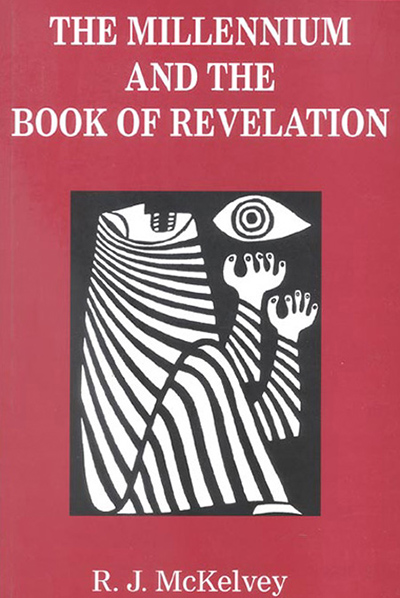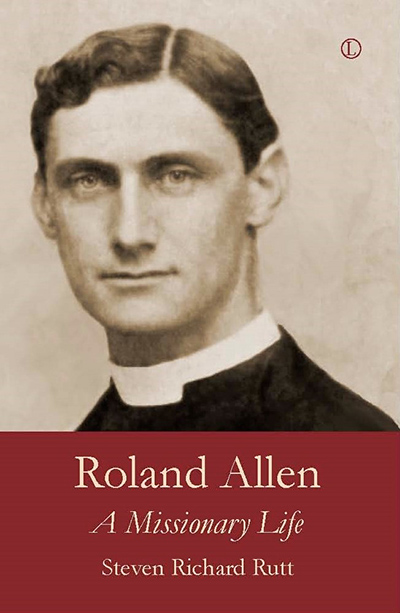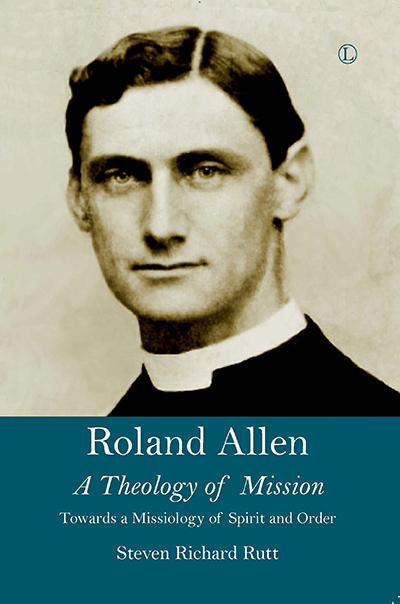Description
The book begins with an introductory survey of the better known and more influential millennium thinkers and movements through history. It shows how the millennium was interpreted as a utopia and expressed in violent ways in the fifteenth and sixteenth centuries and by the Branch Davidians in Waco and the Aum Shinrikyo sect in Japan. It also examines the teachings of the Jehovah’s Witnesses and the New Age movement on the millennium.
Part Two is devoted to the millennium in the Revelation of St John. It strips the millennium of utopian fantasies and the other accretions it has acquired through the centuries. It sets the millennium within the context of the whole of Revelation and its attack on the deceptive and oppressive ideology propagated by the Roman Empire and John’s alternative interpretation of reality. It demonstrates that far from being an isolated reference, the millennium is integral to the whole of Revelation. It shows that the millennium is a metaphor for God’s vindication of those who pay the ultimate price in witnessing to truth and justice, i.e. the martyrs, and indicates the relevance of the millennium in the world we live in today.
The book is aimed at the general reader wanting an accessible introduction to recent thinking on the millennium. There is nothing here to help those who want to set the doomsday clock, but plenty to encourage those who are going through difficult times, and the book will challenge all to help today’s victims of oppression and injustice. For those who wish to pursue the subject further, a bibliography of scholarly works is included.
About the Author
R.J. McKelvey has served as Principal of Adams United Theological College in South Africa and of Northern College in Manchester, and has taught New Testament in the University of Manchester. A minister of the United Reformed Church in the UK, he served as Moderator of the General Assembly in 1994-95. He is a contributor to the New Bible Dictionary, The Illustrated Bible Dictionary, and The New 20th Century Encyclopedia of Religious Knowledge and is the author of The New Temple: the Church in the New Testament.
Contents
Preface
Introduction
Part One: Millennial Hopes
I. The Ups and Downs of Millenarianism
II. Millenarianism Grows Apace
III. The Millennium and the Church’s Mission
IV. The Imminent End
Part Two: The Book of Revelation
V. Understanding the Book of Revelation
VI. Christ and his Churches
VII. Worship God and the Lamb
VIII. Maintaining the Testimony of Jesus
IX. The Beast versus the Lamb
X. The End of Babylon
XI. Christ comes with the Armies of Heaven
XII. The Millennium
XIII. The New Jerusalem
XIV. Conclusion
Bibliography
Subject Index
Index of Scriptural References
Index of Names
Endorsements and Reviews
Dr McKelvey’s interpretation of the Book of Revelation is both scholarly and accessible. Focusing on the image of the millennium, he detaches it from its usual connection with the Second Coming of Christ and expounds it as a powerful symbol that encourages not fantasising flight from the world but commitment to God’s world and to justice and truth in it.
Richard Bauckham, Professor of New Testament Studies, University of St Andrews
There is no finer discussion available. An admirable survey of varied millennial views held down through the centuries is followed by a thorough discussion of the millennium and related themes in the Book of Revelation. This book will encourage teachers and preachers to take both topics seriously.
Graham Stanton, Lady Margaret’s Professor of Divinity, University of Cambridge
Here is a marvellously lucid guide to a perplexing part of the Bible, demonstrating its relevance to contemporary issues. This interesting book teaches us to welcome John’s millennium as a striking and energising symbol of our Christian hope that this world will be made new.
Michael Taylor, President and Chief Executive of Selly Oak Colleges
An authoritative and timely guide to the most difficult book in the Bible. Dr. McKelvey’s purpose is to construct a theological argument around Revelation which rescues it from the clutches of literal-minded fundamentalists. In this he has succeeded triumphantly.
Damian Thompson, author of The End of Time: Faith and Fear in the Shadow of the Millennium
The first section gives a broad overview of various interpretations of Revelation. This is a fine section and readers might be less keen to use Revelation as a handbook of history if they saw how others have been mistaken in the past. The bibliography will take the interested reader further afield. In all, this is a refreshing and very useful publication, breathing life and sense into an admittedly difficult book of Scripture. It will do much to renew a thirst for faithfulness to Christ and His Gospel. The bibliography will take the interested reader further afield.
Rev. John Dunn, in English Churchman
The first third charts the history of Millennial hopes within the church. Of special interest are his observations on the links between an understanding of the Millennium and the rise of missionary activity. The remaining two-thirds give a concise exposition of contemporary scholarly thinking on Revelation, historical and rational overall, untangling the many-layered strands of imagery, symbol and metaphor, and showing how they can be conjoined into a coherent scheme for the last things. Throughout he takes a robustly scholarly view; yet he also acquaints the reader with the possibility that St John provided the symbolic representation of underlying themes which Christians of any era may reflect upon to their advantage. … Dr McKelvey’s book provides the reader with a sane and sensible understanding of a part of the New Testament which all too often is used as a springboard for religious fantasy rooted more in the id than in faith, hope and love.
John D. Allerton, in Faith & Freedom
The clash between gospel and dominant ideology is sharply exposed. Plenty of food here for those in search of a future hope and a present agenda.
The Expository Times, Vol 3, No 2
Of great interest – short, sensible and devout. He brings the suspicion of a sturdy common-sense to forecasts, and not only explains ‘The Revelation’ carefully, but demonstrates its relevance for today. McKelvey is a guidebook to a text.
C. W. Kemp, in Faith & Worship
Scholarly and readable. The wide-ranging survey of millenarianism and millennial emphases in religious thought is illuminating and lively, a fascinating survey of the social and intellectual history of the topic and the movements it spawned. The value of this is both historical and sociological.
Peter Byron-Davies, in Parson & Parish, No 153
Timely, and extraordinarily perceptive, alike in his exposition of the Book of Revelation as in his descriptions of past millennial expectations.
G.R. Beasley-Murray, in Ministry Today
The author offers a context that assists in understanding the thinking behind millenarianism. It is a concise and helpful introduction to the thinking behind St. John writing on Patmos and could be used by anyone who is preparing a study of this strange and yet moving biblical text. It does offer insights that challenge our cultural understanding.
IM Agenda
… easily accessible book. … will be of value to anyone preaching about or leading study groups on Revelation.
Mrs Elizabeth Fisher, College of Preachers
McKelvey’s historical survey is entertaining, informative and accessible. This kind of background is not covered in the standard commentaries; it provides a valuable example of how circumstances can influence interpretation, and how interpretation can find expression in Christian action. … McKelvey’s breezy style is also applied to his commentary on Revelation. … For those who are mystified by the origins and practical consequences of pre-, post- or a-millennialism, this short book provides an enjoyable introduction. For those who wish to grapple with the complexities of Revelation itself in an effort to reach their own conclusions regarding the significance of the Millennium, this book presents an unusual view that deserves consideration.
Alan Garrow, in Themelios, Vol 25:2
A very useful update of two thousand years’ thinking on the millennium, and ought to be read at least once by any non-specialist wanting a sure, first guide to the subject. … Part One, is a ‘tour de force’, surveying in less than thirty pages nearly two millennia of millenarianism. … In Part Two – The Book of Revelation – the author and his editor are concerned to give readers the big picture that is the seer’s view of reality. The Christian reader is both encouraged and challenged. … This book is clearly the fruit of wide reading and mature reflection. The book succeeds in introducing general readers to recent thinking on the millennium and to filling a gap by interpreting Revelation’s millennium as a powerful symbol or metaphor for God’s victorious action.
Irish Biblical Studies






